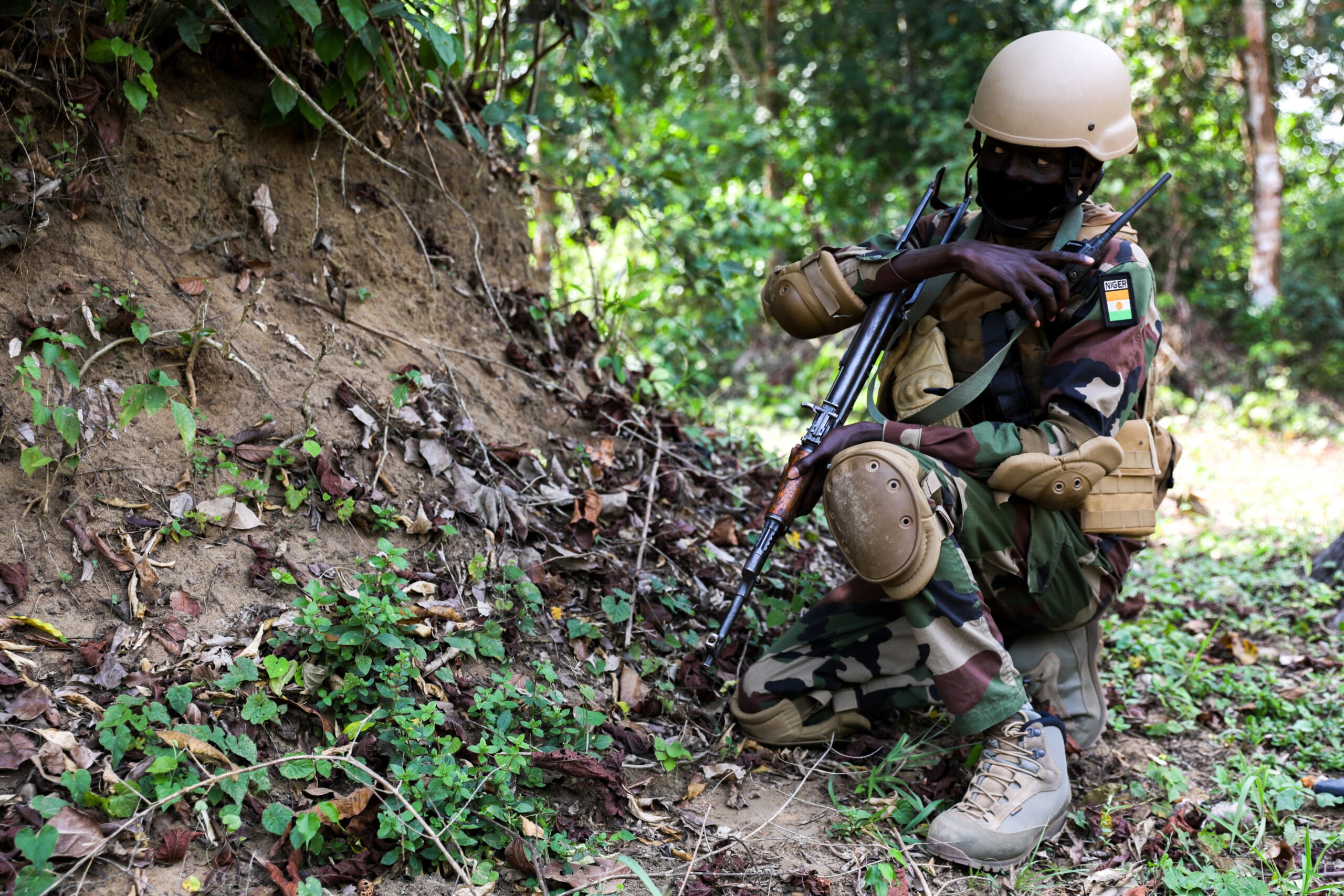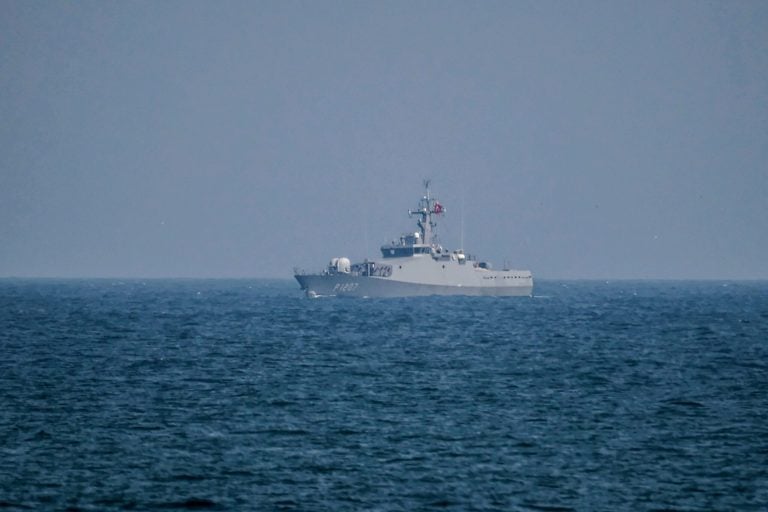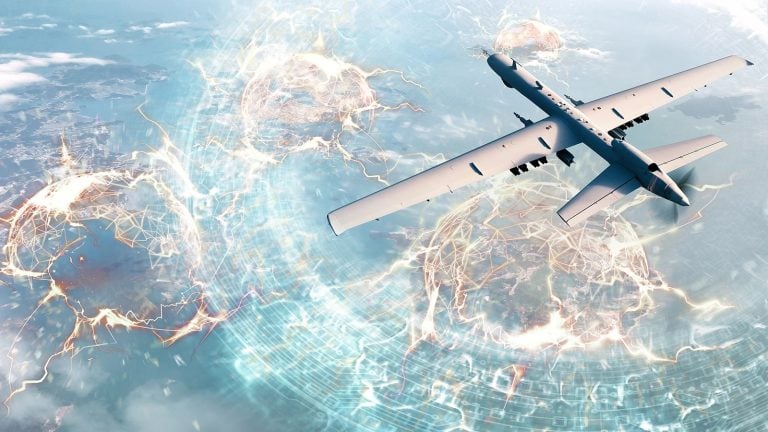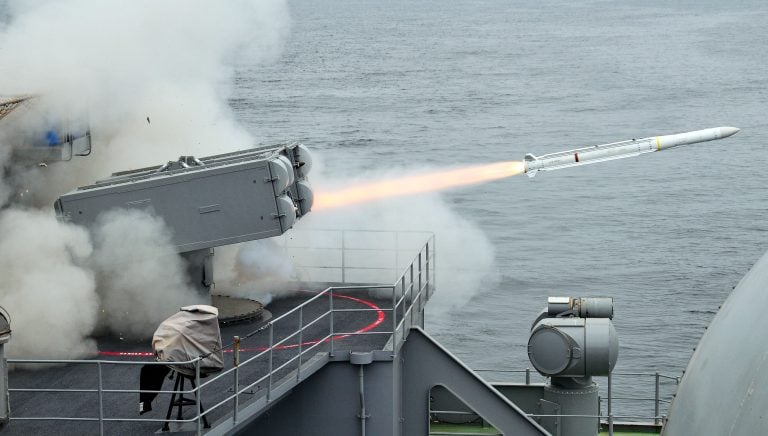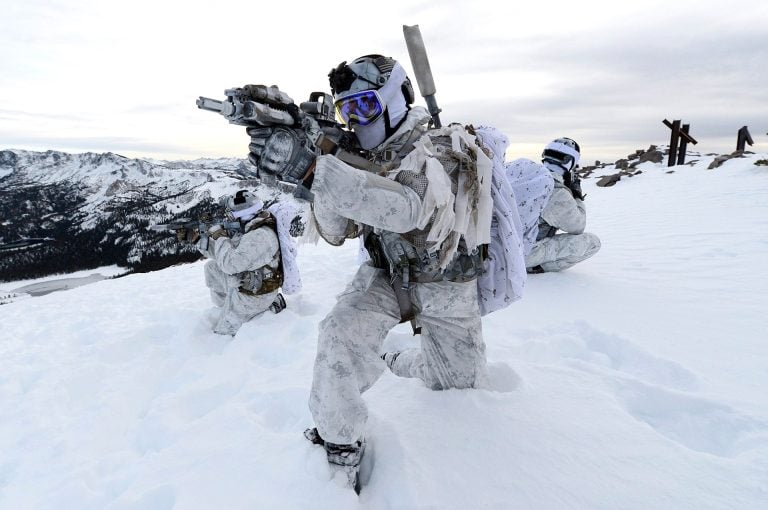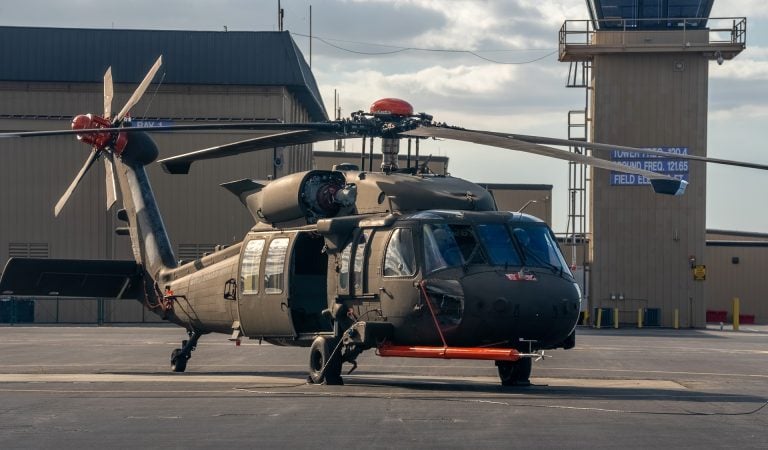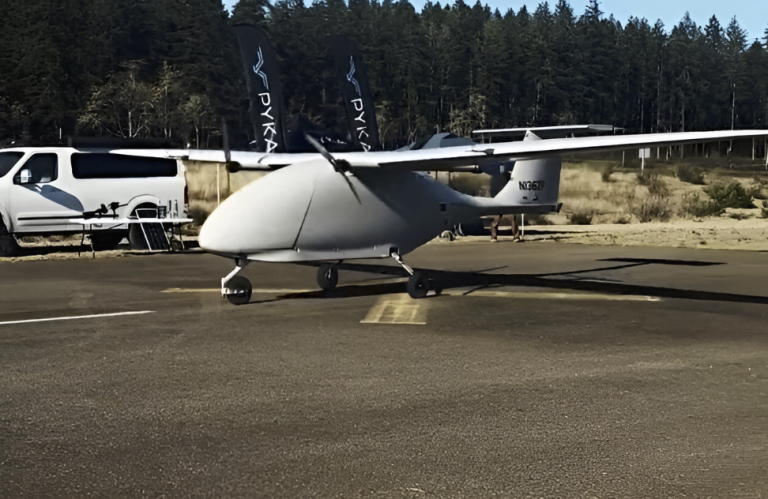Niger has officially announced its withdrawal from a military coalition aimed at combating Islamist insurgency groups operating in the Lake Chad region. This decision, communicated via a bulletin aired on state television, is a strategic pivot for the country as it seeks to prioritize the protection of its oil infrastructure from jihadist threats.
The Multinational Joint Task Force (MJTF), established in 2015 and including the nations of Cameroon, Chad, Niger, and Nigeria, has been engaged in intense combat against insurgency groups, particularly Boko Haram and the Islamic State West Africa Province (ISWAP). The conflict, which erupted in Nigeria’s northeast in 2009, has since expanded, leading to extensive violence that has claimed the lives of over 40,000 individuals and displaced approximately two million, exacerbating one of the world’s most dire humanitarian crises.
Following a military coup in July 2023, tensions have escalated between the surrounding Lake Chad nations. Niger’s military junta has accused Nigeria of backing external forces to destabilize its governance, allegations that Nigeria has categorically denied. In this increasingly charged environment, Niger’s withdrawal from the MJTF reflects a shift toward bolstering national security, particularly concerning its oil operations, which have become frequent targets for armed groups.
The MJTF operation will now be referred to as “Nalewa Dole” following Niger’s exit. The army’s announcement underlined its commitment to fortifying security around oil sites, yet provided little additional detail. Oil facilities in southeastern Niger, notably a pipeline extending to Benin, have been prone to attacks, highlighting the vulnerabilities faced in protecting critical energy infrastructure.
At a regional summit in February, General Ibrahim Bagadoma, governor of Niger’s Diffa region, voiced concerns about the necessity of a unified regional approach to counterinsurgency efforts. He emphasized the need to end foreign interference and called for collective action among the neighboring countries. His comments come in the wake of Chad’s previous threats to withdraw from the Joint Task Force following deadly attacks on its soldiers, underlining the fragile nature of cooperation among the coalition members.
In the wake of these developments, the future of the fight against insurgency in the Lake Chad region appears uncertain, with the coalition’s effectiveness potentially compromised by the shifting allegiances and priorities of its member states.
